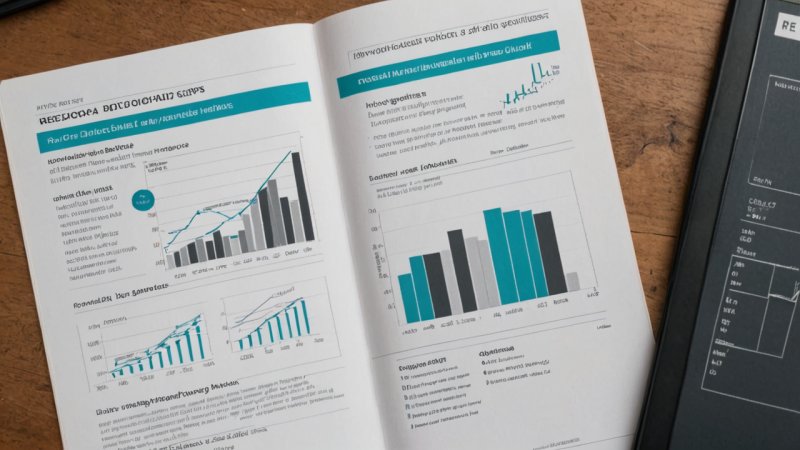The relationship between medical research and health policy is pivotal in shaping the healthcare landscape. As scientific discoveries and innovations emerge, they inform the development of policies that aim to enhance health outcomes and address public health challenges. This article examines how recent research breakthroughs are influencing health policies and improving healthcare delivery.
One notable area of impact is vaccine research, particularly highlighted during the COVID-19 pandemic. The rapid development of effective vaccines through innovative research has not only saved countless lives but also transformed health policies globally. Governments relied on clinical trial data to expedite vaccine approvals, leading to mass vaccination campaigns. This response illustrates how medical research can lead to immediate policy changes that prioritize public health and safety.
Research in chronic disease management has also influenced health policies significantly. Studies demonstrating the effectiveness of lifestyle interventions, such as diet and exercise for managing conditions like diabetes and heart disease, have led to policy initiatives promoting healthier lifestyles. For example, local governments have implemented programs to increase access to healthy foods and create safe spaces for physical activity. These policies are rooted in research findings that highlight the importance of prevention and lifestyle in managing chronic diseases.
In the realm of mental health, recent research has shed light on the importance of mental well-being and its integration into overall health policies. Studies indicating the prevalence of mental health disorders and the effectiveness of various treatments have prompted policymakers to prioritize mental health services. As a result, many countries are now adopting policies that allocate resources for mental health care, expand access to services, and promote mental health awareness campaigns.
Another significant development is the focus on health equity, driven by research highlighting disparities in health outcomes among different populations. Studies indicating that socioeconomic status, race, and geography influence access to healthcare have spurred policymakers to address these inequalities. Health policies now increasingly emphasize the need for equitable access to care, community health initiatives, and targeted programs aimed at underserved populations. This shift reflects a growing recognition of the importance of social determinants of health in shaping health outcomes.
Furthermore, the rise of technology in healthcare, including telemedicine and digital health tools, is reshaping health policies. Research demonstrating the effectiveness of telehealth services has led to policy changes that expand coverage for virtual visits and remote monitoring. This transformation not only increases access to care, especially in rural or underserved areas, but also highlights the importance of adapting health policies to incorporate technological advancements.
In conclusion, medical research is instrumental in shaping health policies that address contemporary health challenges. From vaccine development to chronic disease management, mental health integration, health equity, and technological advancements, research findings inform policymakers' decisions and drive effective health interventions. As the field of medical research continues to evolve, its influence on health policies will remain vital in promoting public health and improving the overall health of populations.
Research Breakthroughs Transforming Health Policies Today
Explore how recent medical research breakthroughs are reshaping health policies to improve healthcare delivery and public health outcomes.






